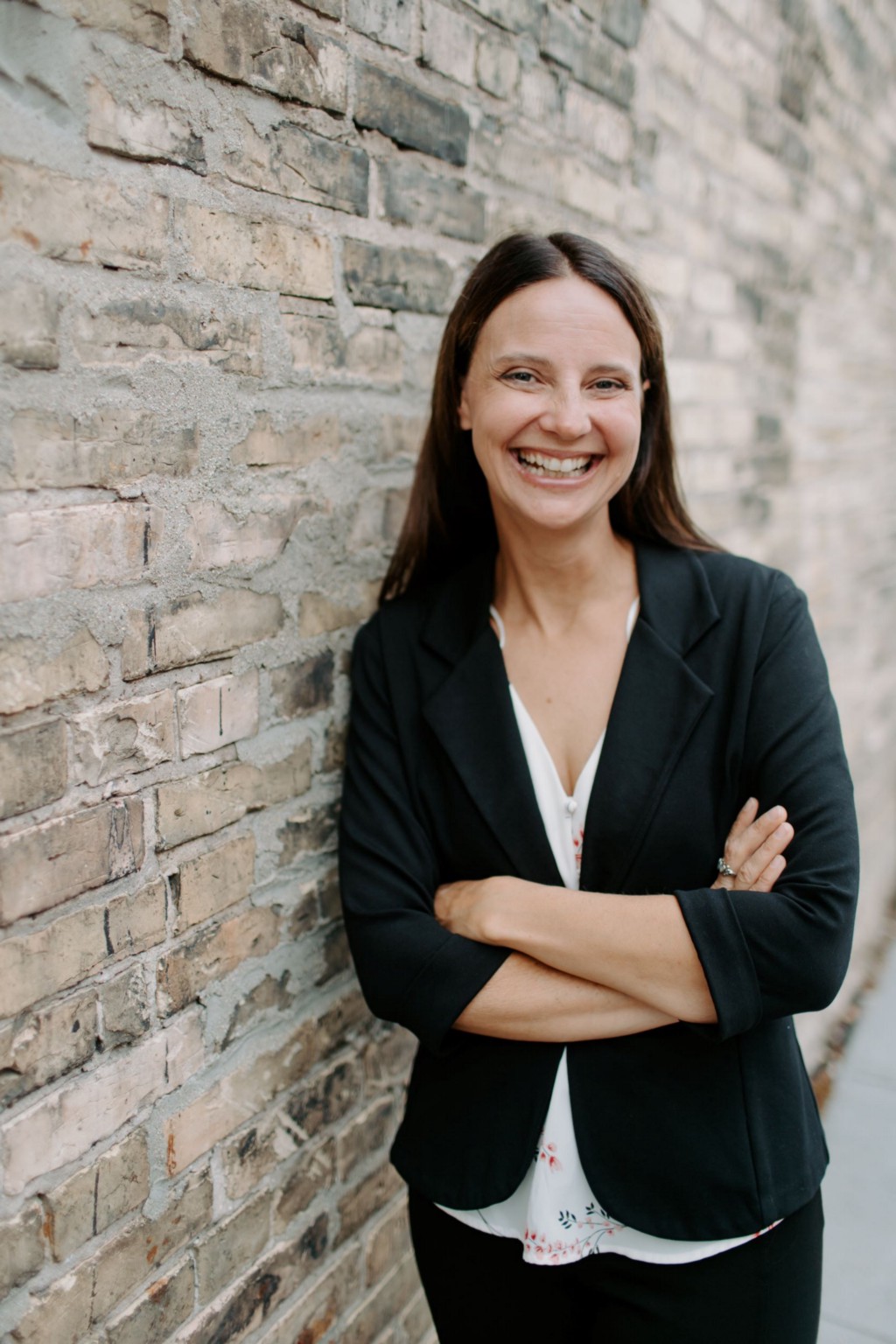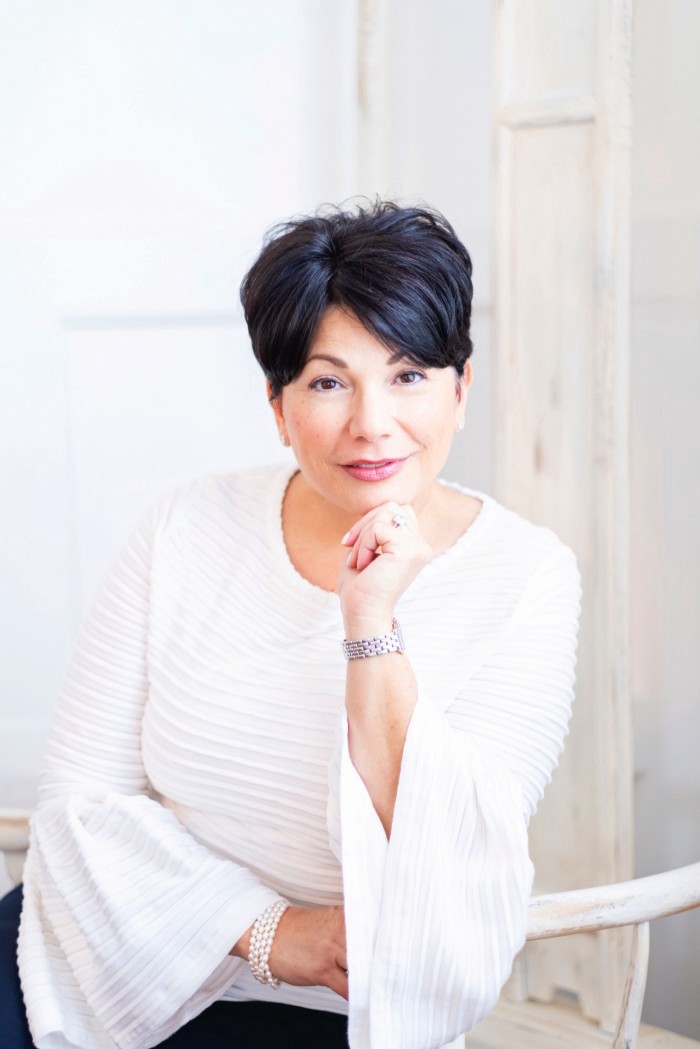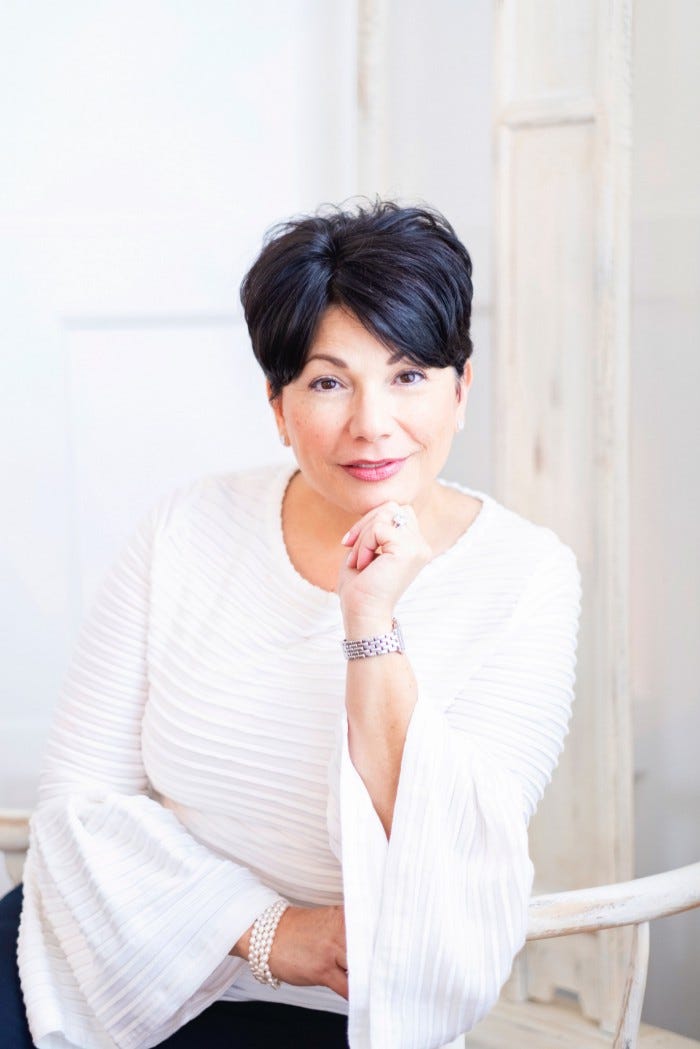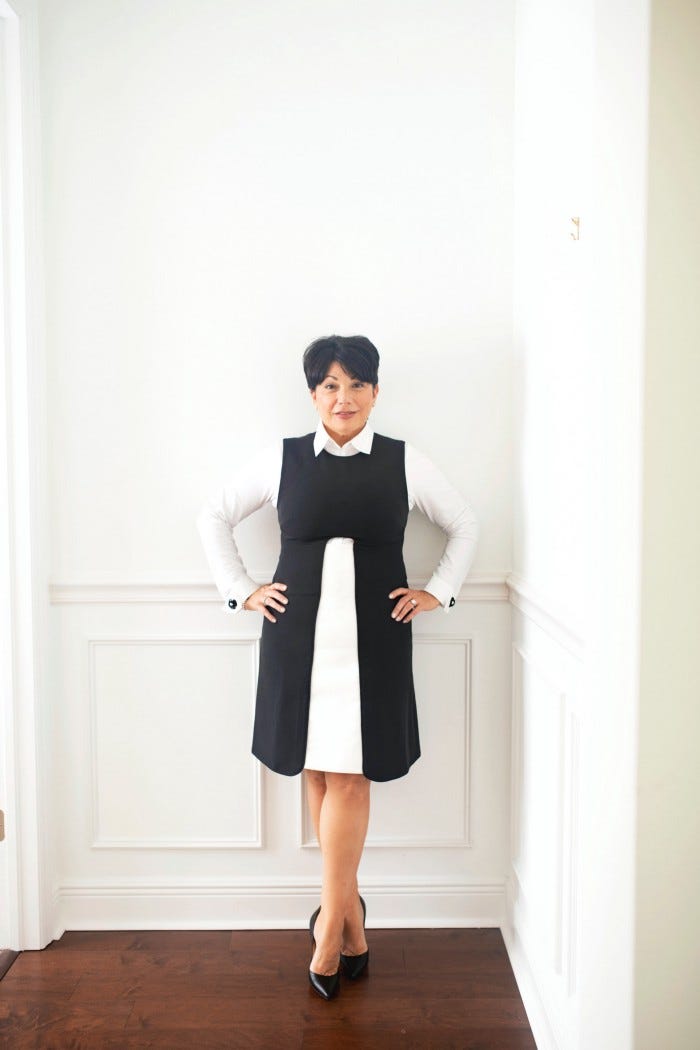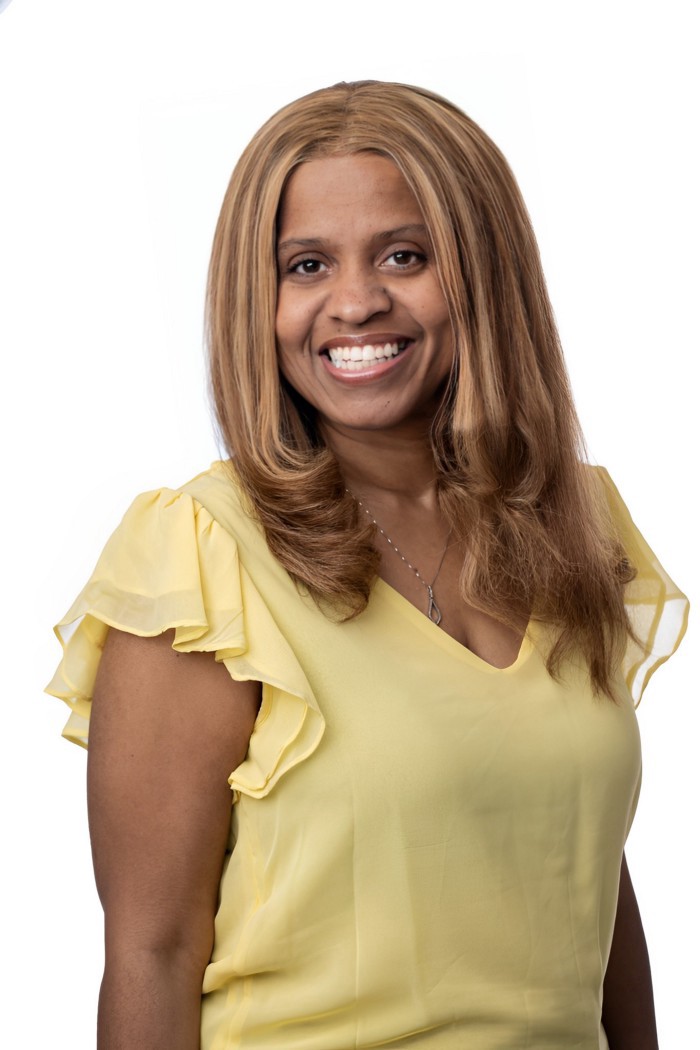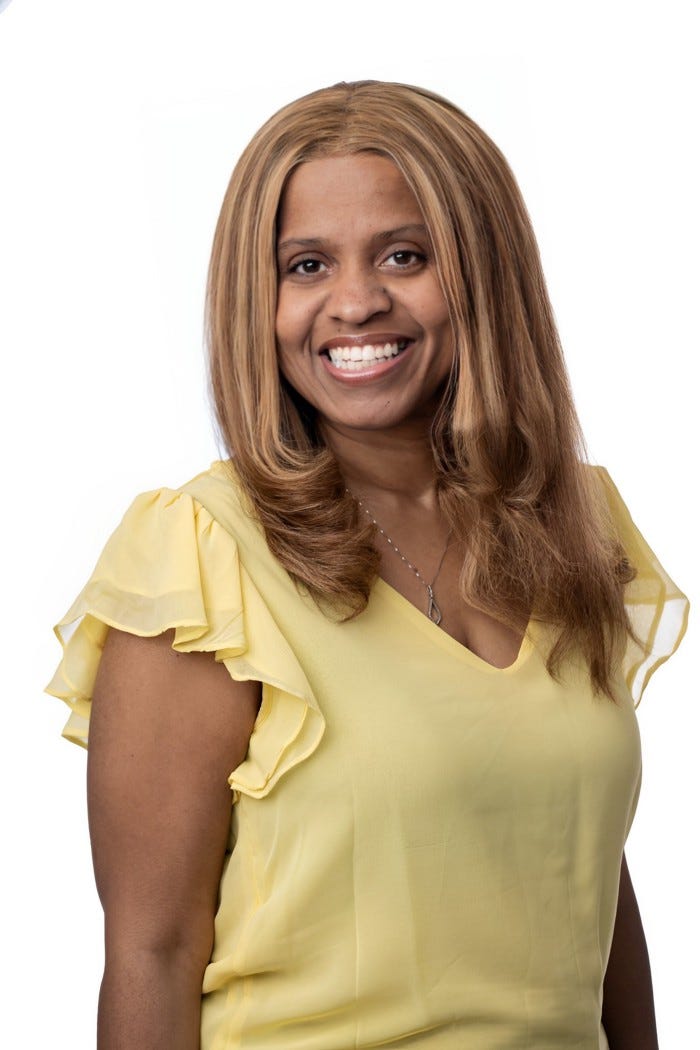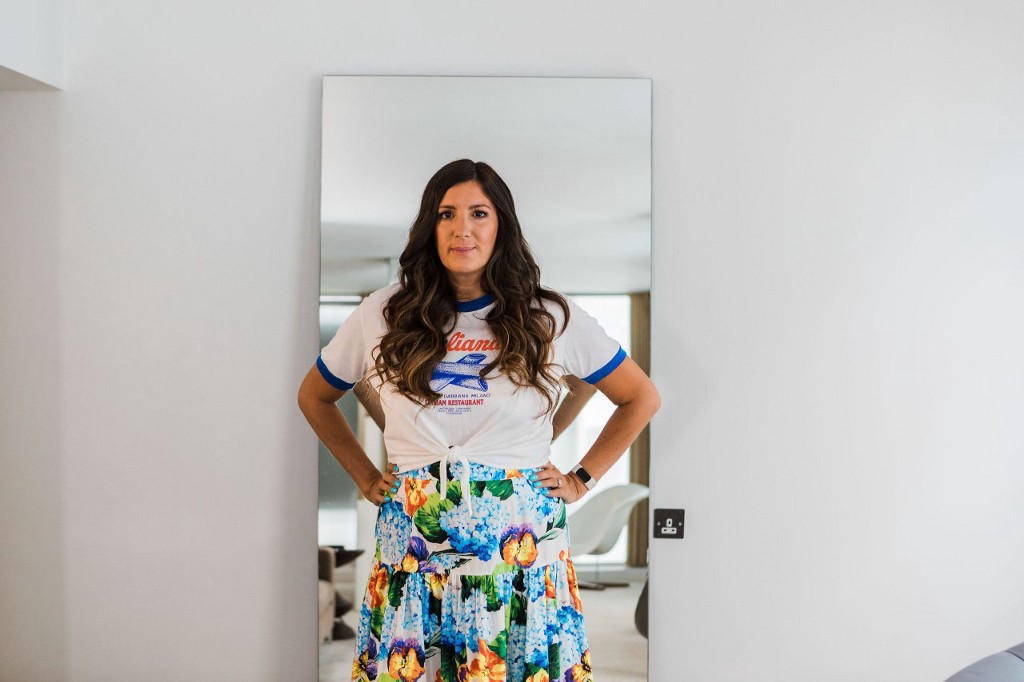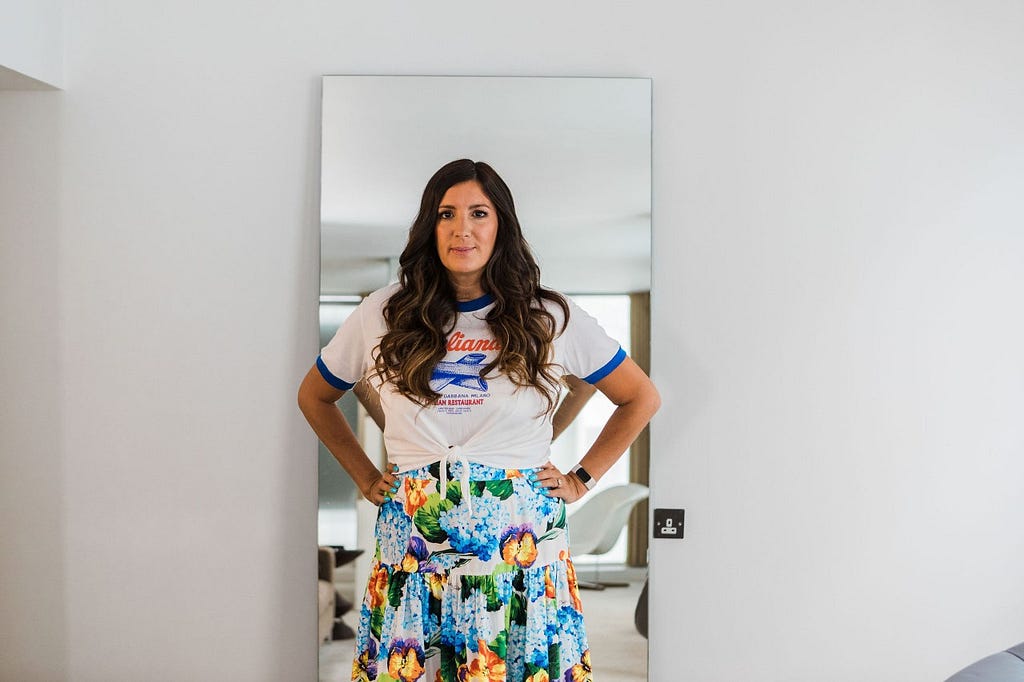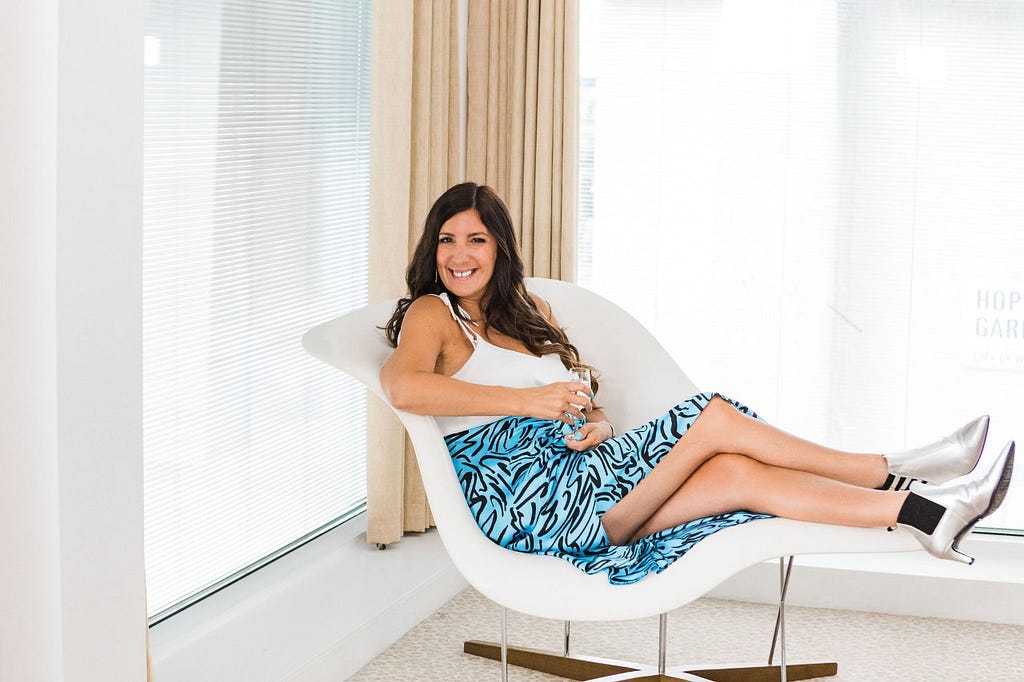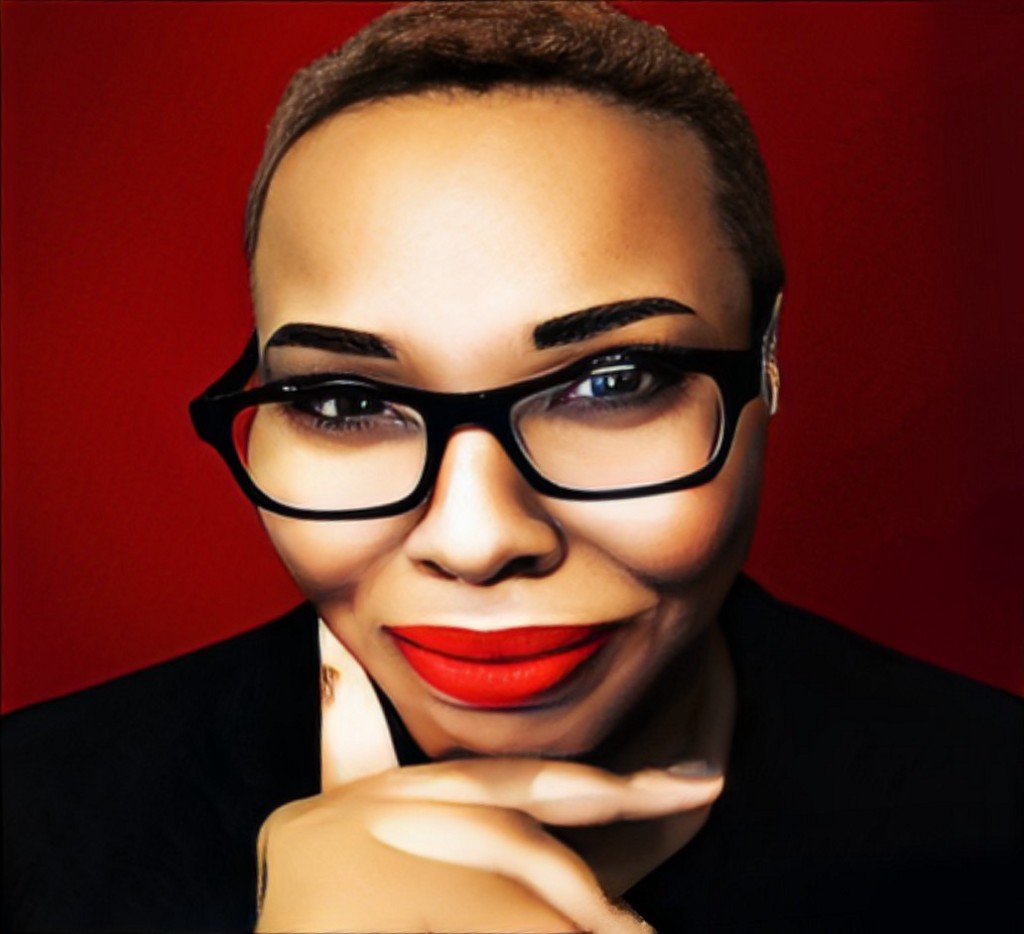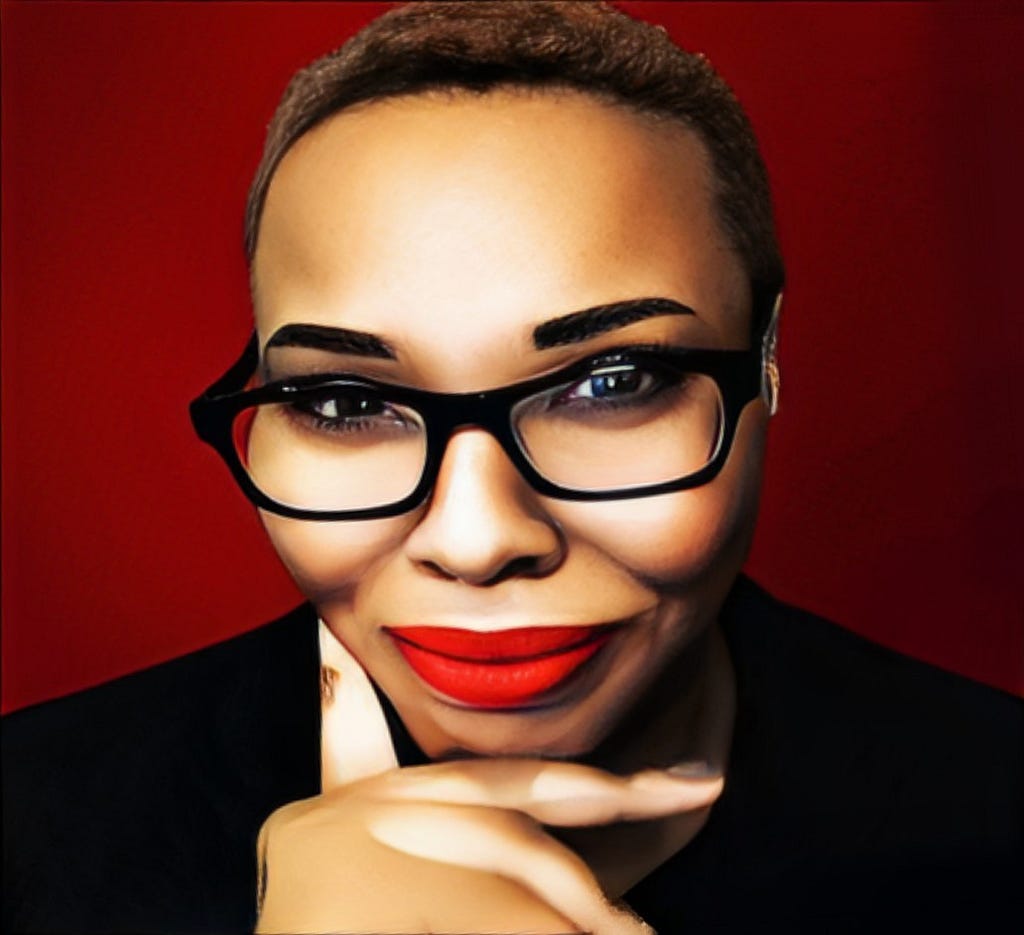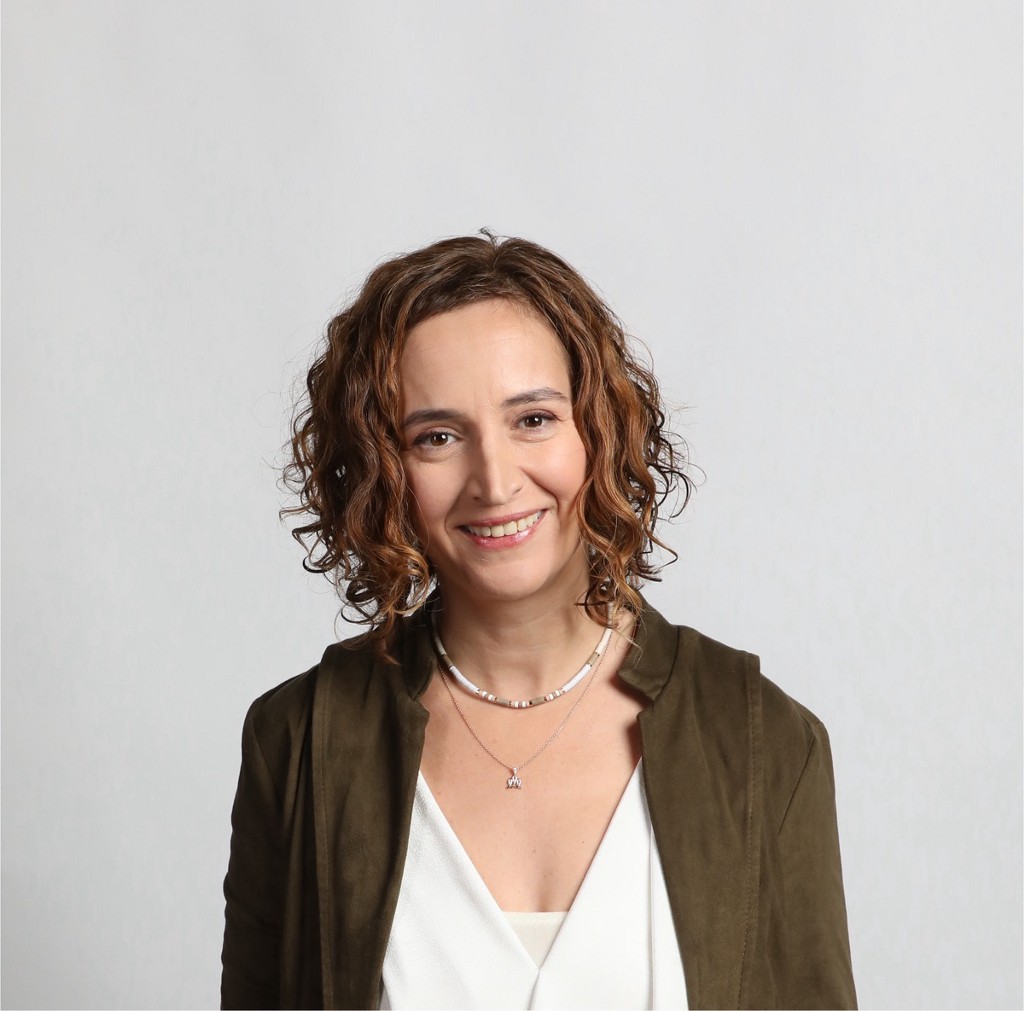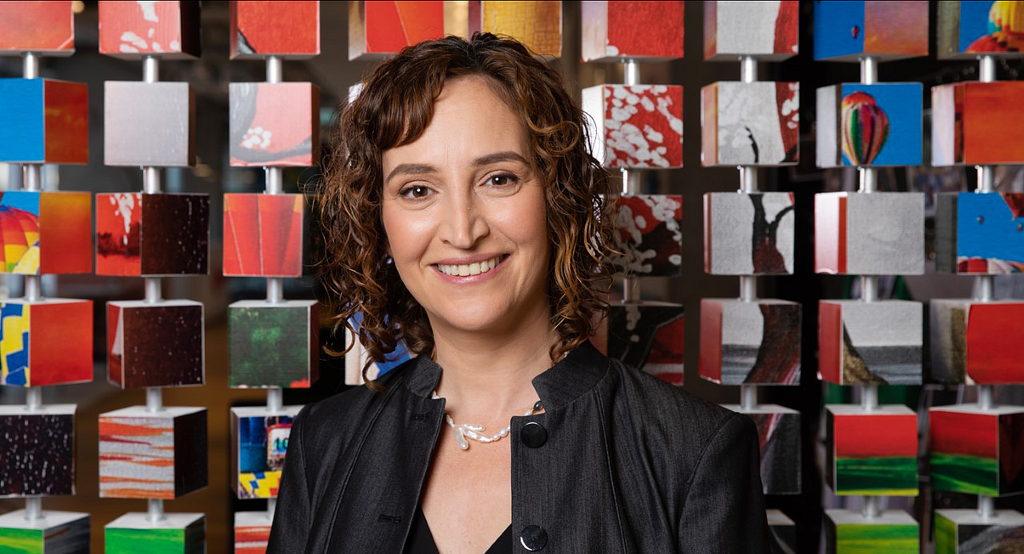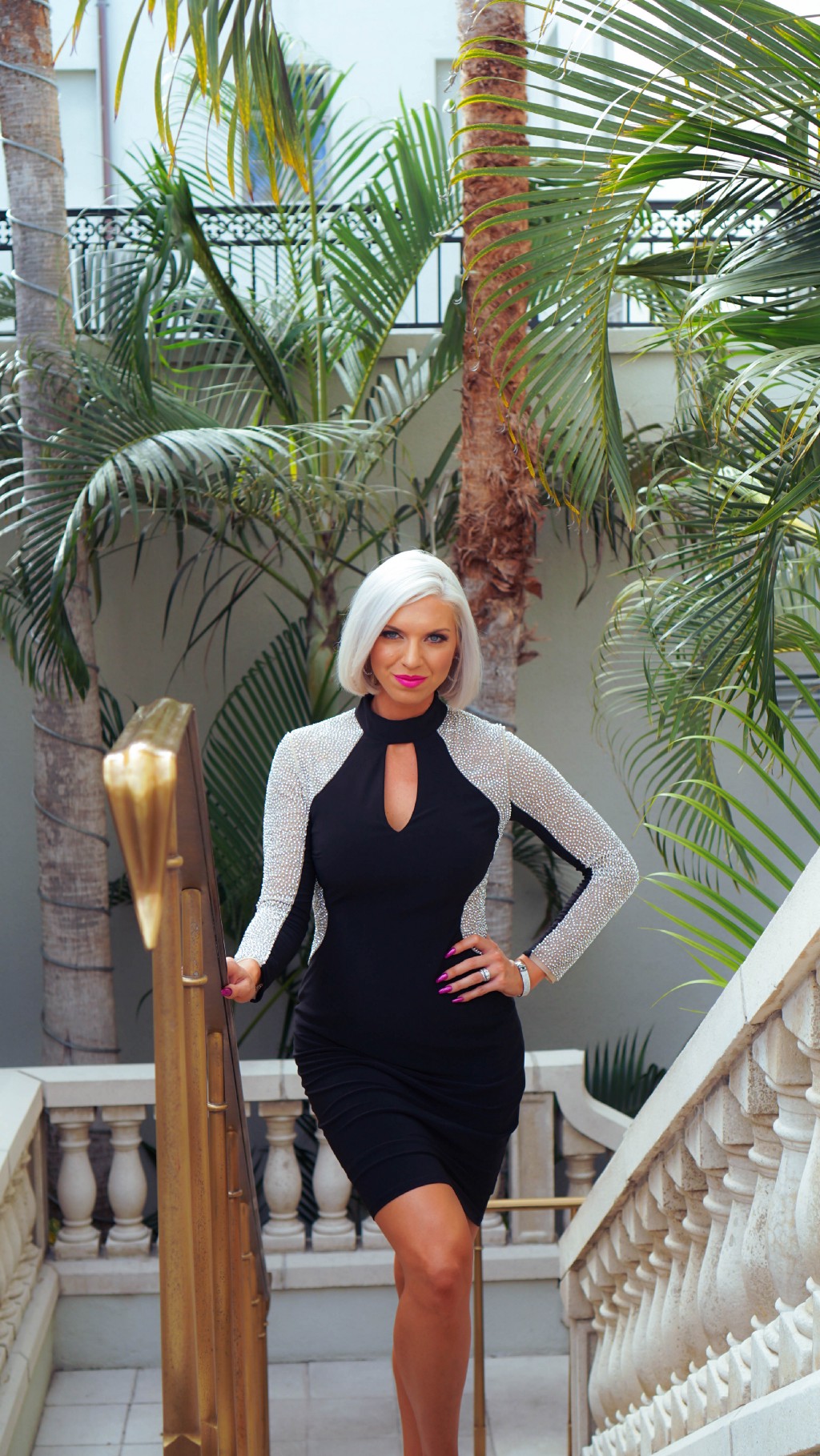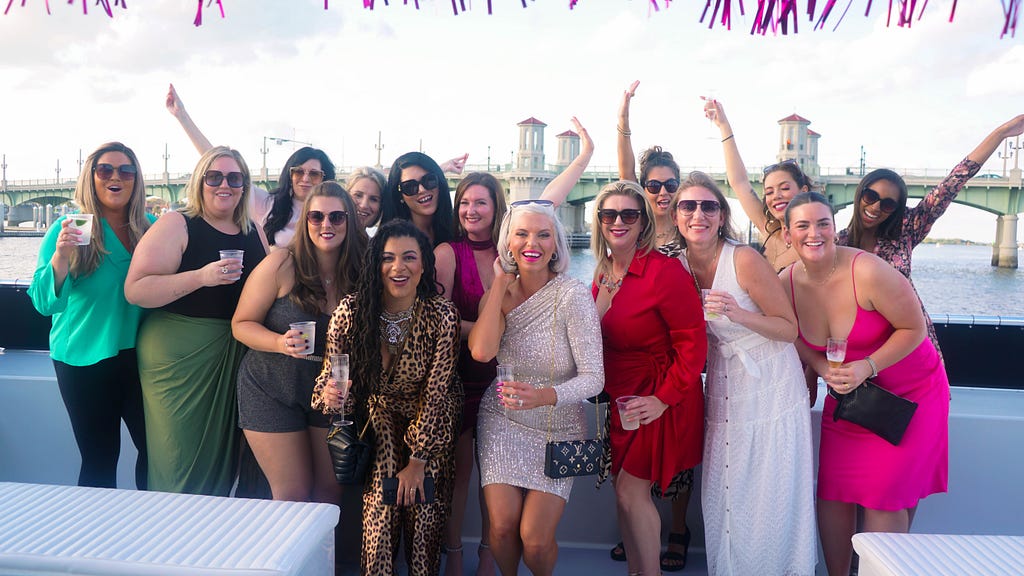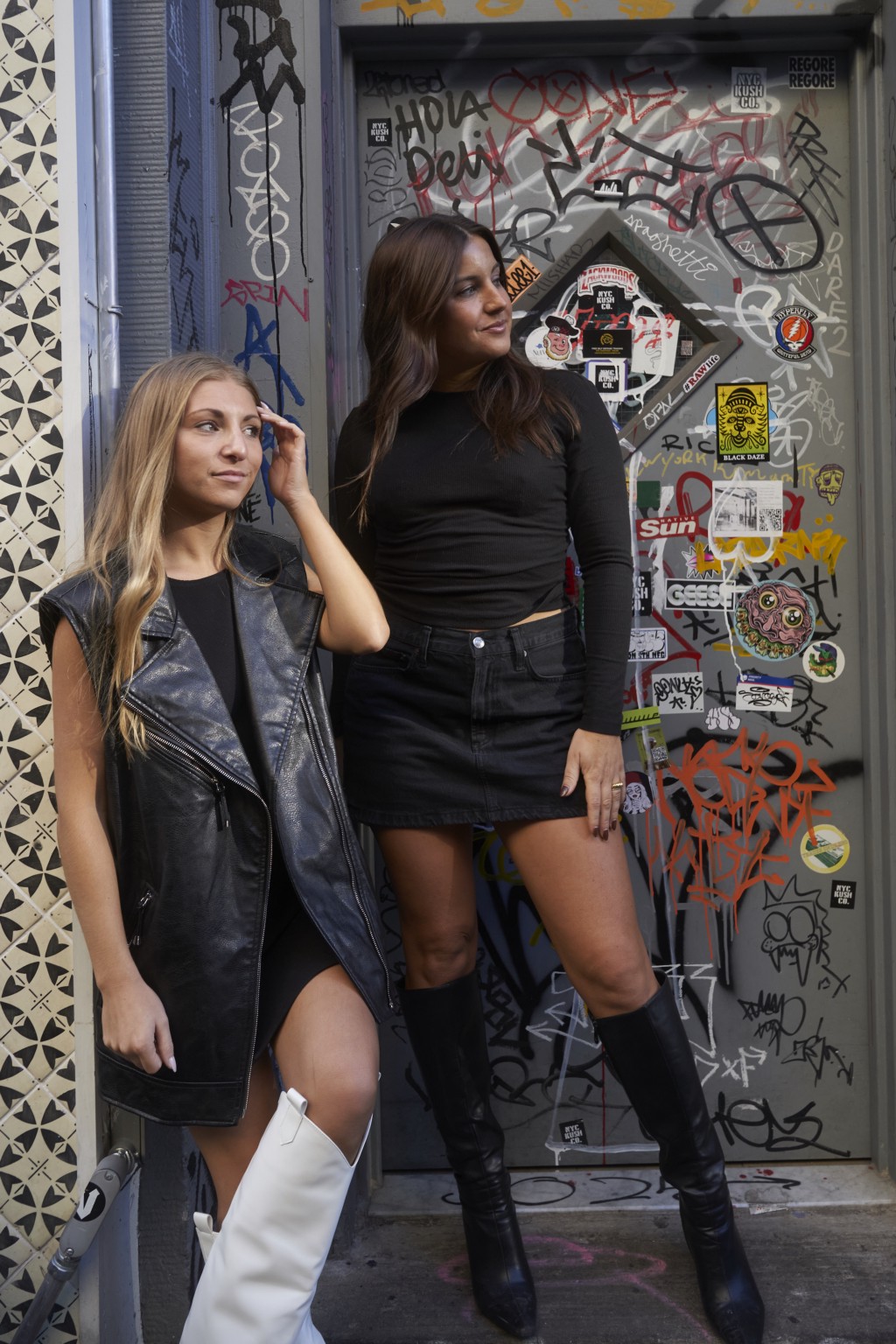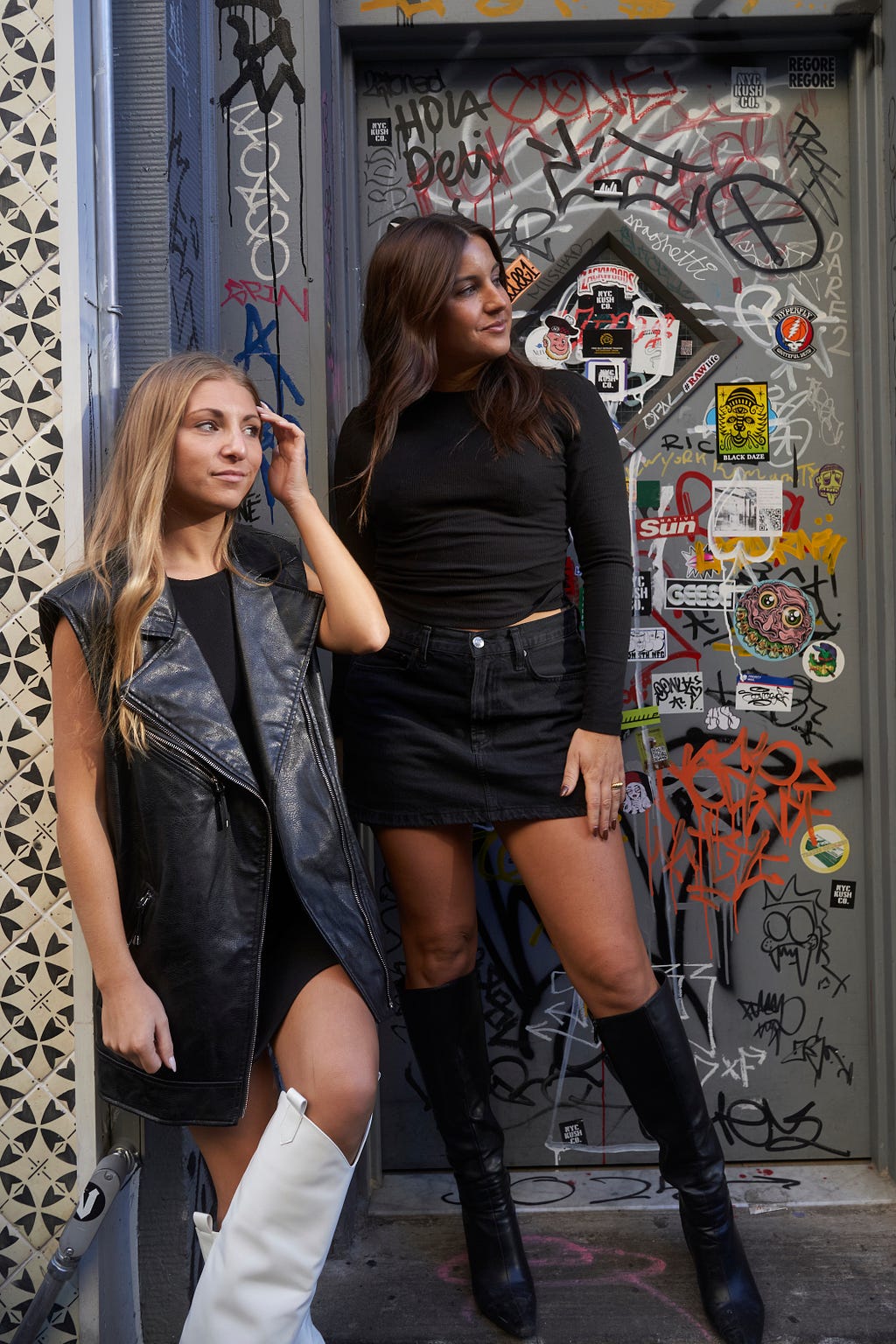Women In Wellness: Dr Carrie Jarosinski On The Five Lifestyle Tweaks That Will Help Support People’s Journey Towards Better Wellbeing
An Interview With Candice Georgiadis
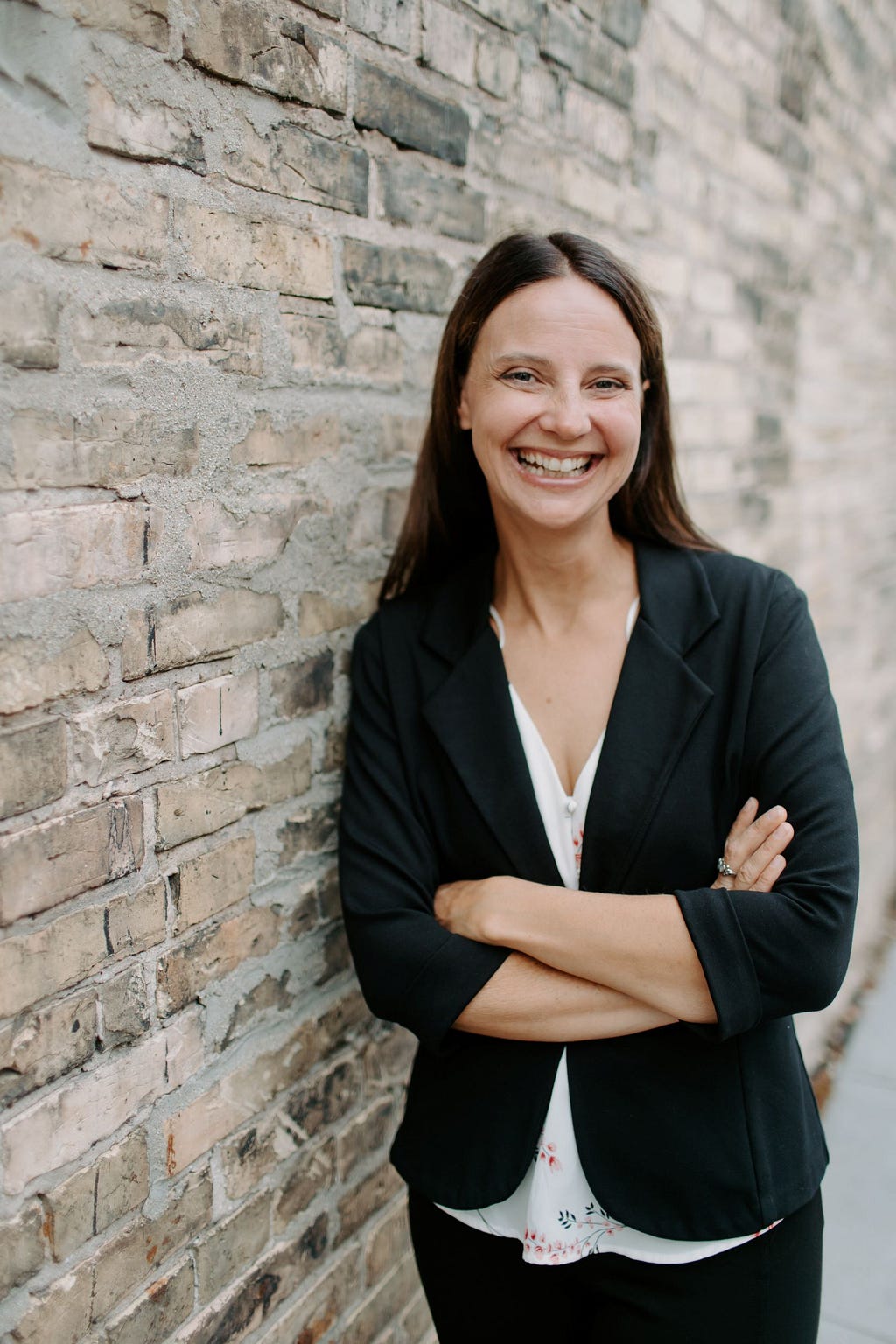
The very first is getting inside of your own head and second, getting out of your own way by breaking down the inevitable barriers. You must first awaken to what you are telling yourself. We are all filled with self-talk; the running manuscript in our heads that plays all day long. Most often we are not even aware of it. But if you are not aware of what your self-talk is telling you, you are going to have a tough time with sustainable behavior change. These running narratives can often be negative and a source of constant microaggressions against ourselves. When we are beatdown we can’t sustain positive changes. When you awaken to what you are telling yourself you immediately start to break down barriers that would ultimately sabotage you.
As a part of my series about women in wellness, I had the pleasure of interviewing Dr. Carrie Jarosinski.
Dr. Carrie Jarosinski is a registered nurse, wellness coach, educator, inspirational speaker, and author of Reclaim Your Story: Renew Your Health and Wellness through the Power of Storytelling and the Nursing Assistant textbook educational series. She lives in Wisconsin with her two furry companions, Winn and Xena. She likes to hike, explore, meet new people, laugh, and continuously build upon her pollinator garden in her free time.
Thank you so much for joining us in this interview series! Our readers would love to “get to know you” better. Can you share your “backstory” with us?
Oh boy! I am just a girl from the Midwest that was traveling down an unhealthy path. After some ill effects of that path, I chose to take a peek into meditation by reading a book I had learned about while listening to NPR, which in turn offered me a different direction for my journey. After playing around with and finally adopting a daily meditation practice, other aspects of health and, finally my wellbeing, came into focus and fell into place. Here I am years later trying to share the story of my journey so that I might help others in theirs.
Can you share the most interesting story that happened to you since you started your career? What were the main lessons or takeaways from that story?
Well, my career has also taken some different paths along the way. I am a nurse by trade, and currently an author and educator, but I actually began my career as a massage therapist. In doing so I became fascinated learning about the human body. With that newly stoked interest I completed nursing school taking my first job in long term care where I tended to end of life needs and helping “birth” others into the next step of their journey. I then transitioned to work in public health, which completely upended me to the opposite end of the spectrum, working with pregnant moms, new babies and children to help prevent disease before it starts. Lastly, I moved on to teaching; “back in the day” I wanted to be a teacher, so I guess I made it there in the end. Each step of the way has led me to this unique space in time that I am meant to be in, and I am so thankful for that. The biggest takeaway for me is that my path was never clear. I fumbled through stage by stage, along the way figuring out that I simply needed to learn how to trust those around me, trust the process, and to trust me. It was through the fumbles that I learned how to appreciate the beauty of discovery.
It has been said that our mistakes can be our greatest teachers. Can you share a story about a mistake you made when you were first starting? Can you tell us what lesson you learned from that?
I have made my fair share of mistakes, but in reflecting inwards and backwards I would have to say that the pattern of isolating myself when I fumbled would be the biggest mistake. It may seem odd, because I am quite an extrovert and love engaging with others around me but when I would make mistakes I would retreat inward, brood, beat myself up, ruminate, and embrace the mindset of “you made your bed now you’re going to have to sleep in it” all while “suffering in silence” as opposed to owning and talking about my mistakes. I was judgmental of myself and worried that others would judge me if they knew, so I coveted them. This mindset only serves to create shame and blame, it most certainly does not help any situation. But once I recognized the pattern, I was able to lance those wounds and allow the healing to begin. That is a hard thing to do! But opening to the mistakes and talking about them also provides our loved ones a space to offer us help and support so that we can bounce back quicker and stronger, and I think we can all use a little help and support along our journey, don’t you?
Let’s jump to our main focus. When it comes to health and wellness, how is the work you are doing helping to make a bigger impact in the world?
Scrolling through social media can be so overwhelming. Between fad diets and crazy new cleanses folks have a hard time differentiating what health is, what is not and how to achieve it. As a society we still think health and wellness means diet and exercise! While those are two important aspects to consider, they are not the “be all and end all” and most often not the place for a person to begin a wellness journey. In my new book I break down what sustainable behavior change looks like in action and how to achieve it, when you are ready. While everything in the book is current and best practice, I wanted to make sure it was digestible for everyone. So, you won’t feel like you need a PhD to be able to read the content or decipher what you need to do; it is down to earth and it is individualized for the reader making it not just understandable but impactful for real life. I just want to help folks find the best iteration of themselves, however that looks in this given moment.
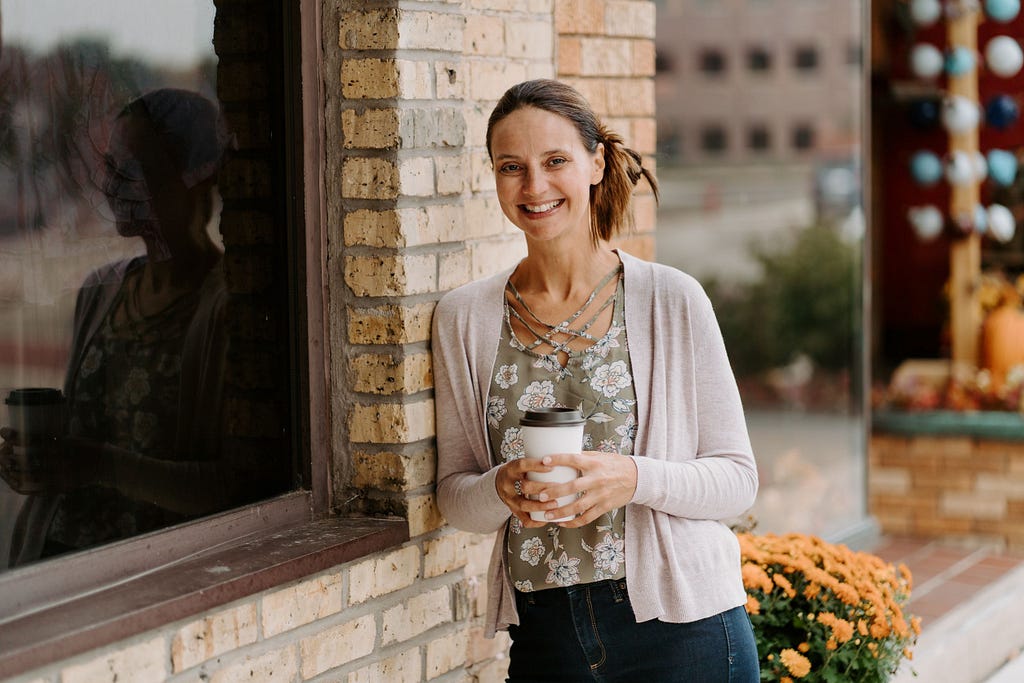
Can you share your top five “lifestyle tweaks” that you believe will help support people’s journey towards better wellbeing? Please give an example or story for each.
The very first is getting inside of your own head and second, getting out of your own way by breaking down the inevitable barriers. You must first awaken to what you are telling yourself. We are all filled with self-talk; the running manuscript in our heads that plays all day long. Most often we are not even aware of it. But if you are not aware of what your self-talk is telling you, you are going to have a tough time with sustainable behavior change. These running narratives can often be negative and a source of constant microaggressions against ourselves. When we are beatdown we can’t sustain positive changes. When you awaken to what you are telling yourself you immediately start to break down barriers that would ultimately sabotage you. After that, the next intervention is to just be nice! Sounds easy but can be tough. Once you awaken you need to flip the switch to hijack the self-talk and offer yourself a gentler space. You need to be a coach for self-talk; you can’t just stop the microaggressions, you need to intentionally restate the thought in a kind manner to break the cycle. For example, if you get out of the shower, sigh and turn away from the mirror feeling deflated (microaggression) identify that, stop the behavior and then actively state in your mind (or out loud if that makes you feel better!) “You are beautiful”. Kindness matters. Next would be embracing micro-interventions. These are tiny little behavior changes that you can quickly and easily adopt into your life. It takes a big goal and turns it into bite sized pieces. In doing so you see small, fast gains and increase your self-efficacy, the belief in yourself that you can achieve something. Micro-interventions could be something like getting away from your desk every hour on the hour to take 60 seconds of stretching for yourself. Then, as that becomes a habit you can add another minute. After that becomes a habit, you can try adding a yoga app to your phone and doing 5 minutes over your lunch break. You get the idea. Start really small to ensure it works for you and fits your life, and slowly build upon your successes. Lastly, make an effort to find joy. Joy will not find you, it is an inside job, again, a conscious awakening to living in the moment and seeking an internal sense of happiness for what you have right now.
If you could start a movement that would bring the most amount of wellness to the most amount of people, what would that be?
Eat real food. It is strange that when people learn I try to avoid processed foods, they feel like that is a radical concept. Stop and think about that. Eating food that is real is radical. Preparing all my own meals, radical. Not buying fast food. Radical. Now, I will admit it takes planning, effort, lots of grocery shopping, financial resources and patience to avoid processed foods, but it can be done. Does that mean I don’t eat cookies or chocolate or ice cream? By no means, I do, and I love them! I just don’t have them as a normal staple in my kitchen, they are treats. If humans could eat real foods more often than they eat processed foods we would reduce our environmental footprint, decrease medication usage and chronic disease, and in turn increase lifespan and health span. Pretty great, right?! There are so many connections between diet and mental health, endocrine health, our skin, chronic illness and even acute illness that we can’t ignore it. It is the linchpin to our holistic wellbeing. And there is no need to be “radical” about it. Just try to eat more real foods than fake foods, taking it slowly with micro-interventions day by day.
What are your “5 Things I Wish Someone Told Me Before I Started” and why?
Opening to feedback is hard. Really hard. I don’t know that there is anything scarier for me than putting work “out there” and soliciting feedback. It makes you pretty darn vulnerable. But it also creates the most fabulous end product. It doesn’t matter if it is a book or a community health program initiative, working together makes everything better.
You’re going to be tired. It’s part of the deal. It means your living. Again, it doesn’t matter if you are writing a book, working out or shuttling kids from one practice to another, if you are tired you are living and that is a good thing. Do all the things, embrace all the experiences, meet all the people. Rinse and repeat.
You’re going to stumble. A lot. That’s growth and it is beautiful, if you look at it the right way. Having a growth mindset is one of those emotional wellness tools in your toolbox. Knowing that we all are human and make mistakes is important but take that a step further and embrace what you have learned from the experience then implement the knowledge into your life moving forward. That will make you a better human.
Setting goals is easy, accomplishing them is harder. (Yes, that is a Hamilton reference). Being resilient and tenacious are more emotional wellness tools in your toolbox. I have very big ideas and set a lot of goals for myself but seeing the finish line can be difficult. Sometimes we take on more than we can handle and sometimes the goals just are not realistic. Giving yourself the space and the grace to step away from a goal or to “massage” a goal into being more realistic is important. And of course, rejoicing in your goal attainment is great, just remember to savor that accomplishment before jumping into the next one.
Starting is the hardest part. Yes, I sometimes must tell myself out loud to get off the couch and get moving. Get up and move, start the momentum, find your inertia. I promise you will feel so much better if you do, just take that first step.
Sustainability, veganism, mental health, and environmental changes are big topics at the moment. Which one of these causes is dearest to you, and why?
Mental health, which is funny because when I was in nursing school, I had zero interest in this area. Perhaps that is part of the reason why I was headed down an unwell path?! With time, lived experience and age I have learned that the biggest mistake in any journey is to ignore mental health, and the second is to label it as mental health. Mental health has a very western medical connotation to it. The term mental health immediately has one thinking of a state of illness or a perceived lack of health in this area, I prefer to reframe that to use the terminology emotional wellness because it takes a strengths-based approach. Analyzing and applying this concept as a resource surplus as opposed to a deficit can further support sustainable behavior change in any dimension of wellness. And as I mentioned above, we all need to flip the switch of how we think about ourselves and how we approach change. Building your emotional wellness toolbox is the first step.
What is the best way for our readers to further follow your work online?
You can find me on Amazon or on Linked In under my name, Carrie Jarosinski, or you can connect with me via my business, Bold Contentment on Facebook, Instagram or go straight to my website at www.boldcontentment.com
Thank you so much for this. This was very inspirational, and we wish you only continued success!
Women In Wellness: Dr Carrie Jarosinski On The Five Lifestyle Tweaks That Will Help Support… was originally published in Authority Magazine on Medium, where people are continuing the conversation by highlighting and responding to this story.

